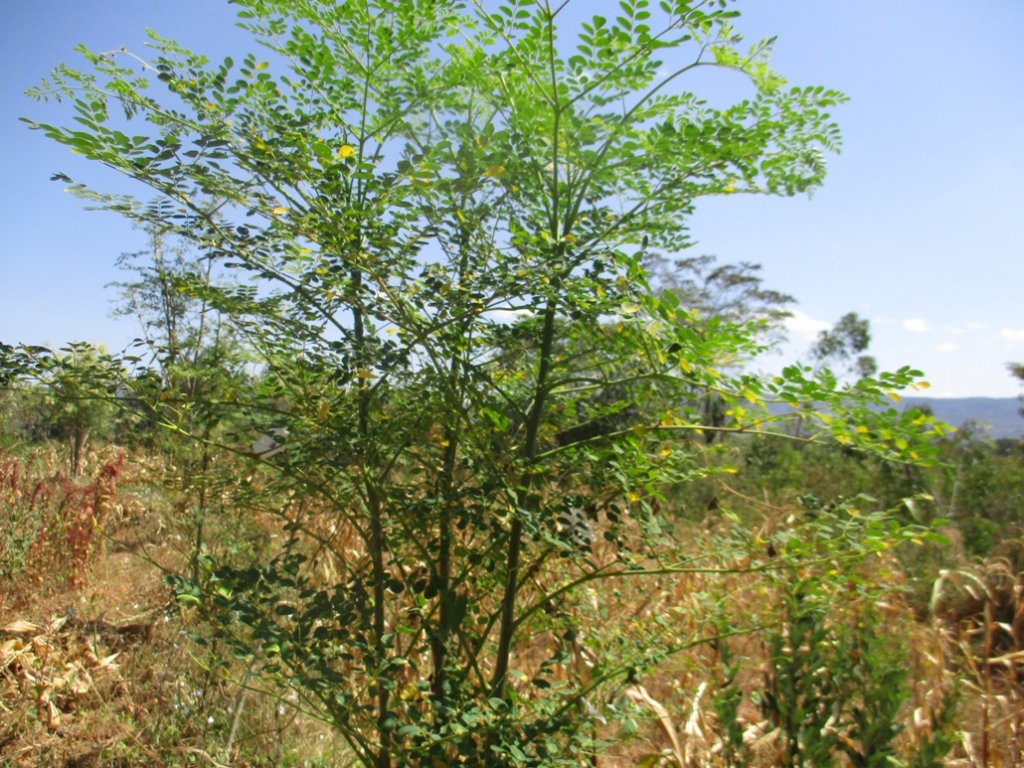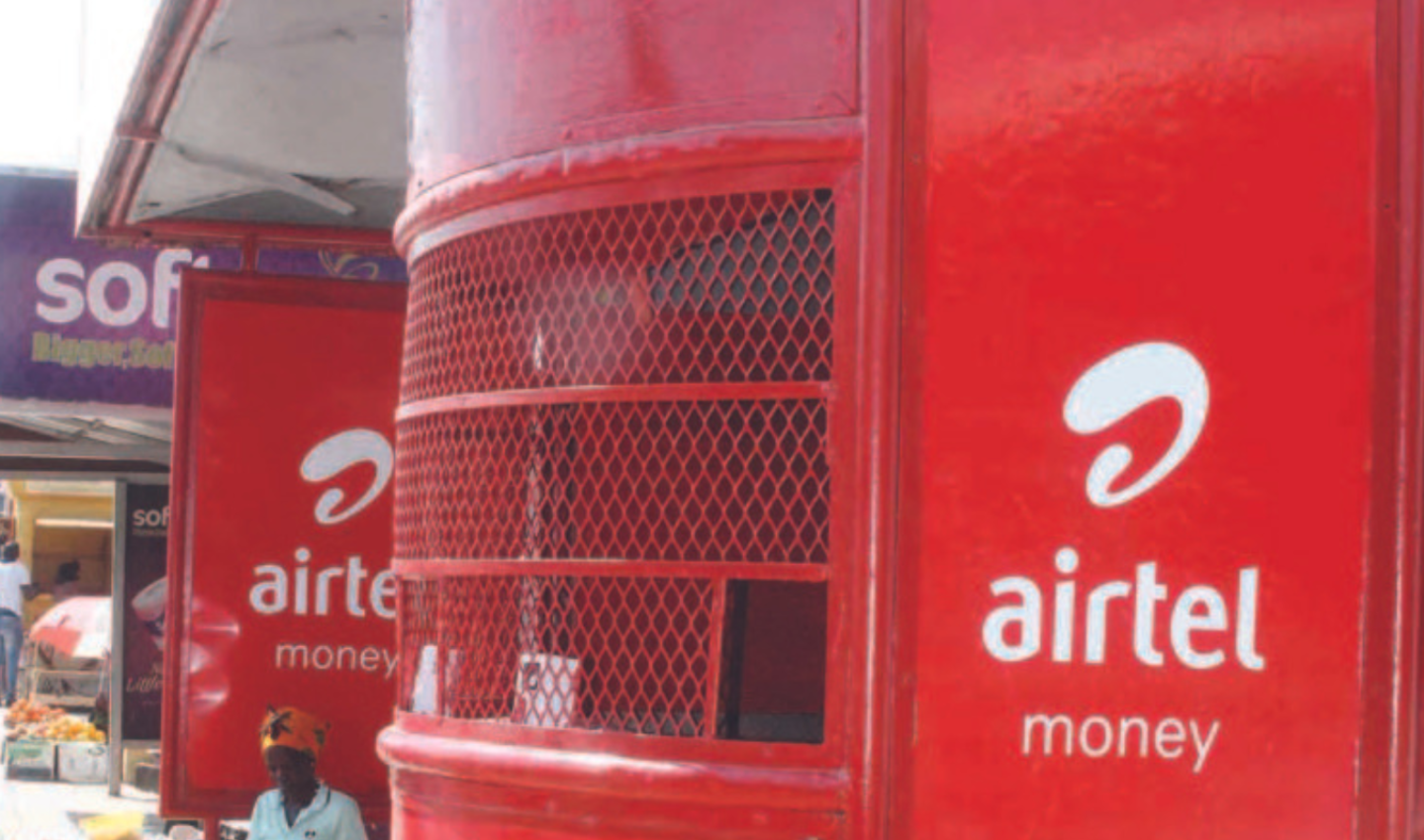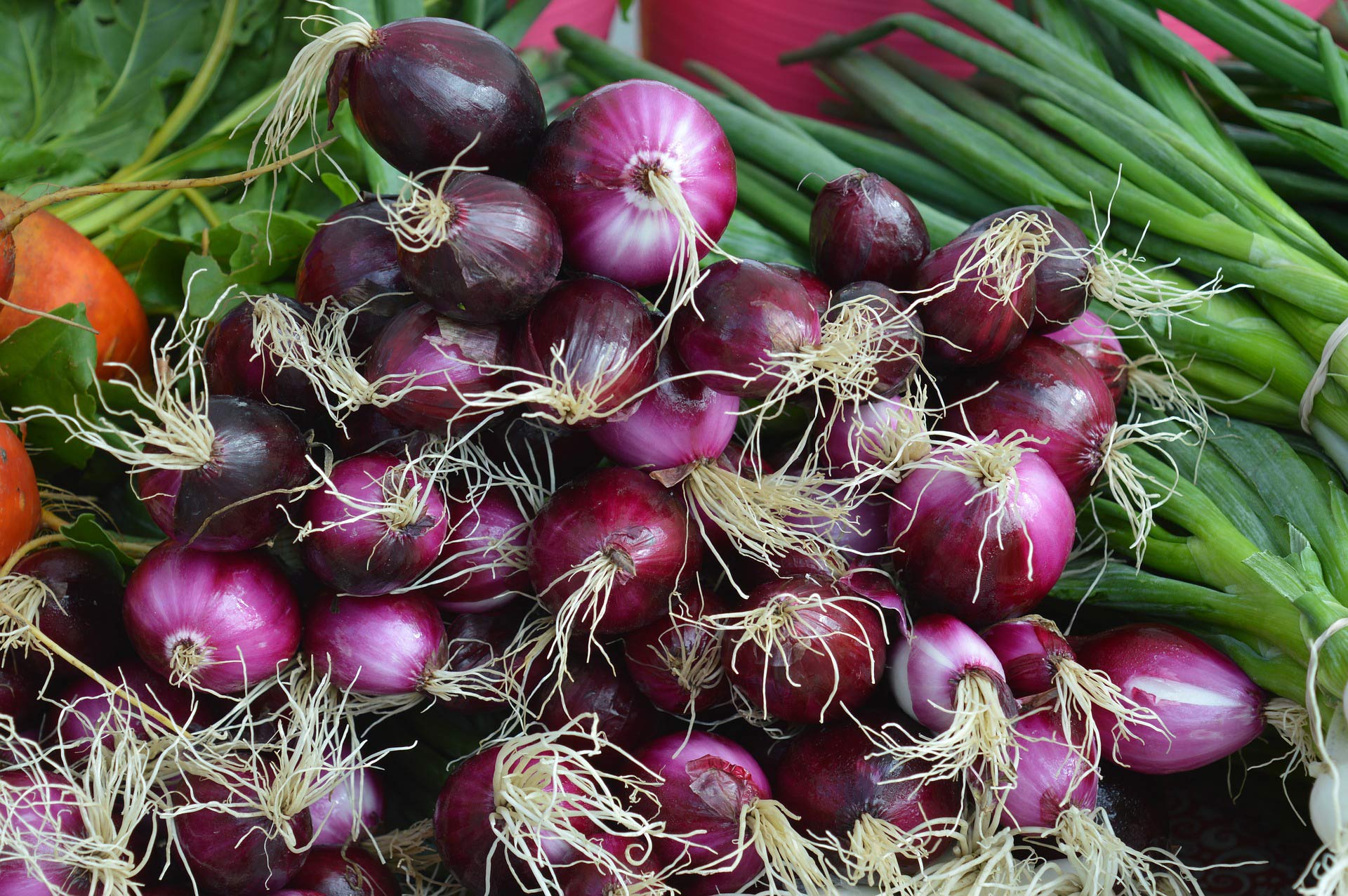Minji farming in Kenya is becoming a favourite venture for smallholder and commercial farmers. Known globally as garden peas, minji are easy to grow and have a ready market both locally and internationally.
They require minimal farming skills and can thrive in many parts of the country. With the right conditions and care, minji farming can bring in solid returns within just two months.
This guide will walk you through the basics of growing, managing and selling minji in Kenya.

Minji Farming In Kenya Made Simple and Profitable
Minji farming in Kenya thrives in cool highland areas such as Nyahururu, Kiambu, Murang’a, and Meru. These counties offer the perfect environment—fertile soils, cool temperatures, and reliable rainfall.
Best Varieties of Garden Peas to Grow
There are several varieties of garden peas, but only a few perform best in Kenyan conditions. Farmers are encouraged to plant high-yielding, disease-resistant varieties like:
- Summerwood – Known for its sweet taste and uniform pods.
- Green Feast – Popular for its fast growth and large yields.
These varieties are easy to manage and have high demand in both local and export markets.
Ecological Conditions for Minji Farming
For healthy minji crops, pay attention to the following growing conditions:
- Soil: Deep, fertile, and well-drained sandy loam soil is ideal. Avoid water-logged areas.
- pH level: Between 5.6 and 6.5 for best nutrient absorption.
- Temperature: Ranges between 10°C and 30°C. Peas don’t do well in extreme heat.
- Rainfall: About 400–500mm is sufficient. If rainfall is low, consider using irrigation.
Before planting, test your soil to confirm its suitability. You can also prepare it by adding compost or farmyard manure for better fertility.
Planting and Managing Your Minji Farm
Minji farming doesn’t require complicated methods. You only need good timing, spacing, and proper care during the growing stages.
How to Plant Minji the Right Way
Propagation of garden peas is done by direct sowing. This means you plant the seeds straight into the soil rather than using seedlings.
Steps to follow:
- Prepare the land: Till the soil well and remove weeds.
- Mark rows: Drill rows that are 45cm apart. Then plant seeds 7cm from each other within the rows.
- Sow seeds: Use about 8–10kg of seeds per acre for this spacing.
- Water: Ensure the soil is moist at the time of planting. The best time to plant is at the beginning of the rainy season.
- Fertilize: After 7 days, top-dress using Di-Ammonium Phosphate (DAP) or compost for strong growth.
If the rain is delayed, install a drip or sprinkler irrigation system to keep the soil moist.
Pest and Disease Management
Just like other crops, minji are prone to pests and diseases. Prevention and early control are key to avoiding losses.
Common pests include:
- Caterpillars
- Aphids
- Thrips
- Spider mites
- Cutworms
To control pests:
- Use insecticides such as Thunder
- Practice crop rotation
- Remove infected plants
- Keep the field clean
Common diseases include:
- Black spots – Appears as dark marks on leaves and stems.
- Blight – Causes the plant to wilt and rot.
Control methods:
- Use fungicides like Redomil
- Maintain proper spacing for air circulation
- Avoid overwatering
- Rotate with non-legume crops
Clean farming practices reduce disease spread and boost yields.
Harvesting and Selling Your Minji for Maximum Profit
One of the best things about minji farming in Kenya is the short maturity period and high market demand.
When and How to Harvest Garden Peas
Minji takes about 60–70 days to mature depending on the variety and weather. They can be harvested:
- Green – This is the most preferred stage for the market.
- Dry – Can be stored longer but fetches a slightly lower price.
Harvesting is done by handpicking the pods. Do it early in the morning or late in the evening to retain freshness.
Sort out any damaged pods and pack the best ones in clean containers for the market.
Where to Sell Minji in Kenya
Minji has a wide market across the country and abroad. You can sell them to:
- Open-air markets
- Greengrocers and supermarkets
- Hotels and restaurants
- Fresh produce exporters
Exporters prefer green peas that meet quality standards. If you can meet these, you can access markets in Europe and the Middle East.
Local Prices:
A kilo of fresh minji currently sells for Ksh 60 to 85 depending on the season and quality.










































